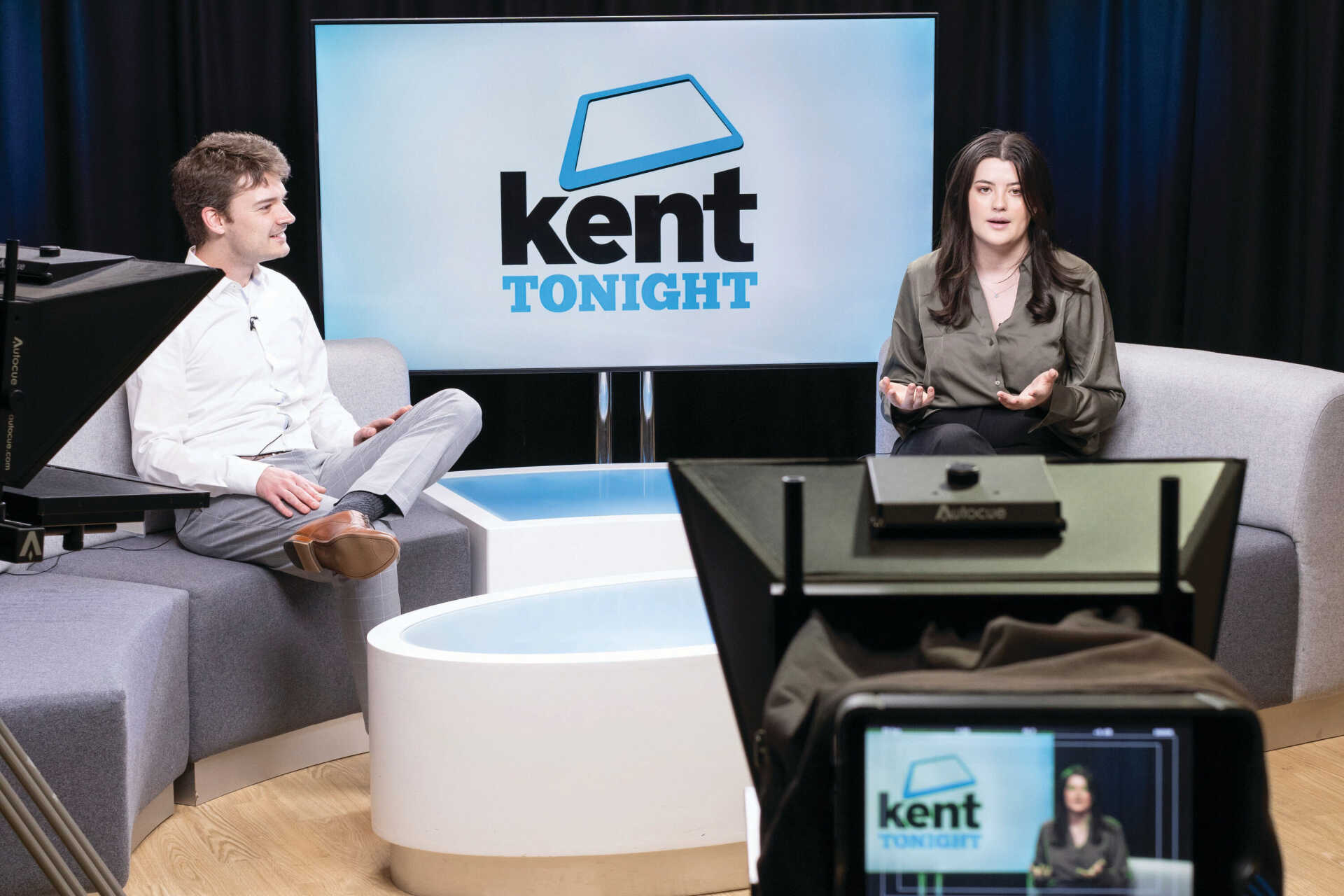

The main goal of this role is to inform the public through news, current events, authoritative features, opinion pieces, or analysis.
Employees are responsible for researching, reporting, creating, and commissioning content, which includes filming, recording, and editing audio and video under tight deadlines.

Content may be produced for TV, radio, online, or print, spanning various genres such as crime, politics, technology, sports, and fashion.
Engaging with the audience, making strategic decisions in dynamic situations, and analysing audience engagement and analytics are key aspects of this role.

Employees have full responsibility for finding, researching, and tailoring stories to meet the target audience, making independent decisions, and reporting to an editor or similar figure.
Upon successful completion, apprentices will gain the Level 7 Senior Journalist Apprenticeship Award and a National Qualification in Journalism (NQJ) Level 6 (non-degree qualification).
This apprenticeship is delivered through blended learning. Apprentices will study one day per week online, with two residential face-to-face blocks each year.
The main method of assessment will be through coursework and the building of an online portfolio. There are also two NQJ examinations.
Apprentices must hold GCSE / Level 2 qualifications in English Language and Maths prior to starting the course. All apprentices must be employed in a relevant role within journalism or News on a full-time basis.
This apprenticeship is taught over 18 months with three months to complete the End-point Assessment, plus a further 3 months with the employer.
The maximum funding for this apprenticeship is £14,000, which can be covered by the Apprenticeship Levy or by government co-investment.
If you have any questions about Kent programmes, need help selecting the right apprenticeship or require information on funding, timelines and more, please don't hesitate to reach out.
We're always here to help you navigate through the process.
